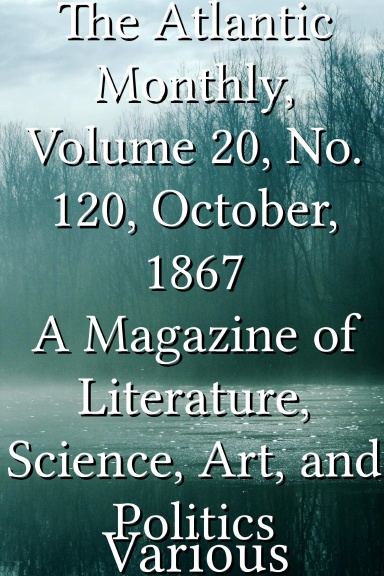The Evolution and Impact of Atlantic Magazine

Introduction
Atlantic Magazine, established in 1857, has carved a niche for itself as a prominent platform for rigorous journalism and cultural commentary. Over the years, the magazine has contributed significantly to discussions on politics, literature, and the arts, making it a staple in American journalism. Its relevance in today’s media landscape continues as it adapts to the fast-evolving digital environment, catering to an audience keen on in-depth reporting and analysis.
Historical Significance
Atlantic Magazine was founded by prominent figures including Francis H. Underwood and Ralph Waldo Emerson. It initially aimed to champion New England’s cultural movements and has since expanded its reach and influence nationwide. The publication quickly established itself as a thoughtful participant in the nation’s dialogue, engaging with pivotal issues such as abolitionism, women’s rights, and civil liberties. Notably, its archives offer a rich trove of primary documents that illuminate America’s historical trajectory.
Modern Adaptations
In the modern era, Atlantic Magazine has embraced both print and digital platforms, ensuring its editorial voice adapts to changing reader preferences. Following a successful redesign in 2016, the magazine has enhanced its digital offerings, allowing readers access through various devices including smartphones and tablets. The integration of multimedia content, such as podcasts and videos, has broadened its engagement with a younger audience. Atlantic has also expanded its focus on a wider array of global issues, reflecting cultural and geopolitical trends that resonate with its readership.
Recent Developments
In recent months, Atlantic Magazine has covered significant topics ranging from the impacts of the COVID-19 pandemic to discussions surrounding climate change and racial justice. Its insightful articles often prompt national conversations, making it a respected source for policymakers and thought leaders alike. Additionally, Atlantic’s engagement with social media has been instrumental in amplifying its message and reaching a broader audience.
Conclusion
The significance of Atlantic Magazine in contemporary discourse cannot be overstated. As it continues to evolve, the publication remains committed to delivering high-quality journalism that challenges readers’ perspectives. As media outlets confront the challenges of misinformation and polarization, Atlantic’s focus on factual reporting and thoughtful analysis positions it as a beacon for those seeking clarity in a complex world. Readers can expect the magazine to maintain its role as a key player in the conversation about America’s future, while remaining a trusted source of intellectual engagement.









